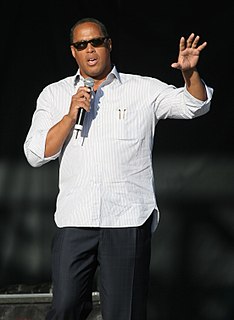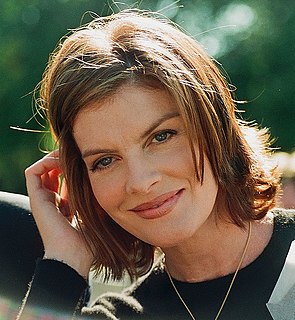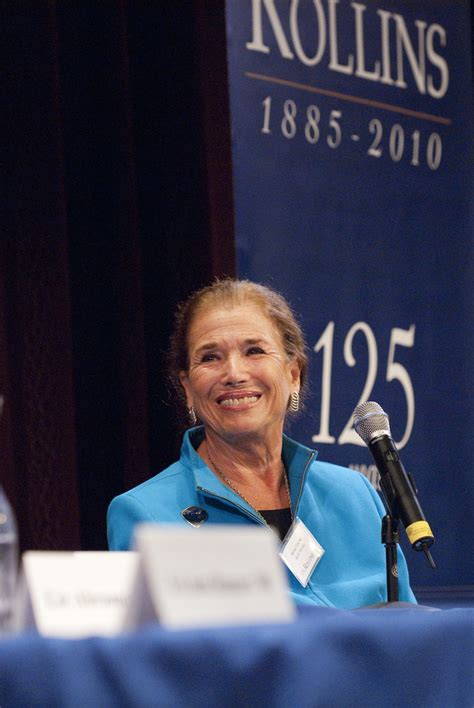A Quote by Charles Bukowski
I like women who haven’t lived with too many men. I don’t expect virginity but I simply prefer women who haven’t been rubbed raw by experience. There is a quality about women who choose men sparingly; it appears in their walk in their eyes in their laughter and in their gentle hearts. Women who have had too many men seem to choose the next one out of revenge rather than with feeling. When you play the field selfishly everything works against you: one can’t insist on love or demand affection. You’re finally left with whatever you have been willing to give which often is: nothing.
Quote Topics
About
Affection
Against
Appears
Been
Choose
Choose Me
Demand
Everything
Expect
Experience
Eyes
Feeling
Field
Finally
Gentle
Give
Had
Hearts
Insist
Laughter
Left
Like
Lived
Love
Many
Men
Next
Nothing
Often
Often Is
Out
Play
Prefer
Quality
Rather
Raw
Revenge
Seem
Simply
Than
The Next One
Too
Virginity
Walk
Whatever
Which
Willing
Women
Works
Related Quotes
In the South you are ashamed of being a virgin. Boys. Men. They lie about it. Because it means less to women, Father said. He said it was men invented virginity not women. Father said it's like death: only a state in which the others are left and I said, But to believe it doesn't matter and he said, That's what's so sad about anything: not only virginity and I said, Why couldn't it have been me and not her who is unvirgin and he said, That's why that's sad too; nothing is even worth the changing of it.
I get very frustrated when I hear women saying, "Oh, feminism is passé," because I think feminism means empowerment. Men can be feminists, too! Many men are feminists. We need feminism. It's not against men; it's about the empowerment of women. It's the respect of women - giving women equal rights, the same opportunities.
It was long assumed that heart disease manifested the same in men and women. But Dr. Legato found that men may experience the classic symptoms of chest pain that radiates down the left arm. Women often have symptoms including shortness of breath, nausea or vomiting, and back or jaw pain. A gender-neutral approach left many women under-diagnosed and under-treated and as a result many women died needlessly.
Back in the days when men were hunters and chest beaters and women spent their whole lives worrying about pregnancy or dying in childbirth, they often had to be taken against their will. Men complained that women were cold, unresponsive, frigid... They wanted their women wanton. They wanted their women wild. Now women were finally learning to be wanton and wild - and what happened? The men wilted.
Many women, particularly young women, have claimed the right to use the most explicit sex terms, including extremely vulgar ones, in public as well as private. But it is men, far more than women, who have been liberated by this change. For now that women use these terms, men no longer need to watch their own language in the presence of women. But is this a gain for women?
... the socialization of boys regarding masculinity is often at the expense of women. I came to realize that we don't raise boys to be men, we raise them not be women (or gay men). We teach boys that girls and women are "less than" and that leads to violence by some and silence by many. It's important for men to stand up to not only stop men's violence against women but, to teach young men a broader definition of masculinity that includes being empathetic, loving and non-violent.
In assembling this group of portraits of women, I'm aware that I'm treading on dangerous ground. When I was in college, I learned to be distrustful of men's depictions of women. I remember seeing Garry Winogrand's book Women Are Beautiful in the school library and being shocked that it hadn't been defaced for its blatant objectification of women. But looking back, maybe I was too harsh. Whether one photographs men or women, it is always a form of objectification. Whatever you say about Winogrand, his depiction was honest.
I am a trans woman. My sisters are trans women. We are not secrets. We are not shameful. We are worthy of respect, desire, and love. As there are many kinds of women, there are many kinds of men, and many men desire many kinds of women, trans women are amongst these women. And let’s be clear: Trans women are women.
Women lead in ways different from men's. Men, I think, have been programmed to give orders. Women have been programmed to motivate people, to educate them, to bring out the best in them. Ours is a less authoritarian leadership. I think women tend to play hardball less often. This is the trend of office politics anyway: the days of warring factions are over. We're talking now in terms of cooperation, and I think that is the game women play best.
In the wars against Revolutionary and Napoleonic France, as in so many later conflicts, British women seem to have been no more markedly pacifist than men. Instead, and exactly like so many of their male countrymen, some women found ways of combining support for the national interest with a measure of self-promotion. By assisting the war effort, women demonstrated that their concerns were by no means confined to the domestic sphere. Under cover of a patriotism that was often genuine and profound, they carved out for themselves a real if precarious place in the public sphere.






































